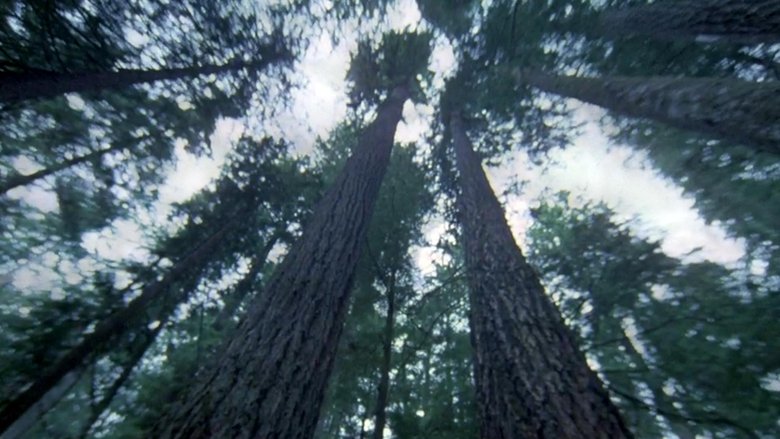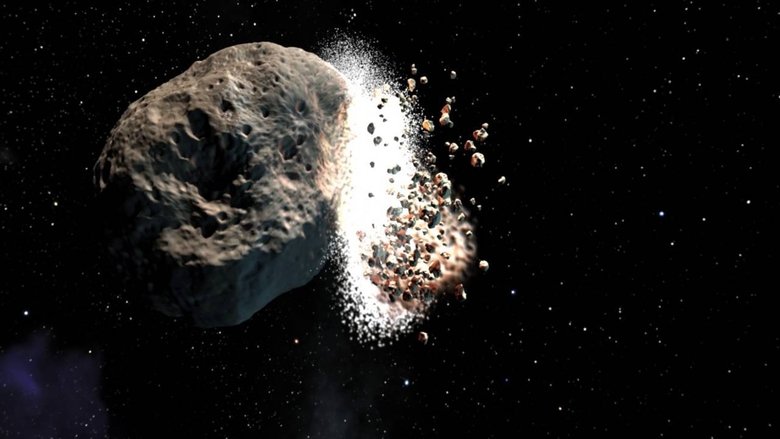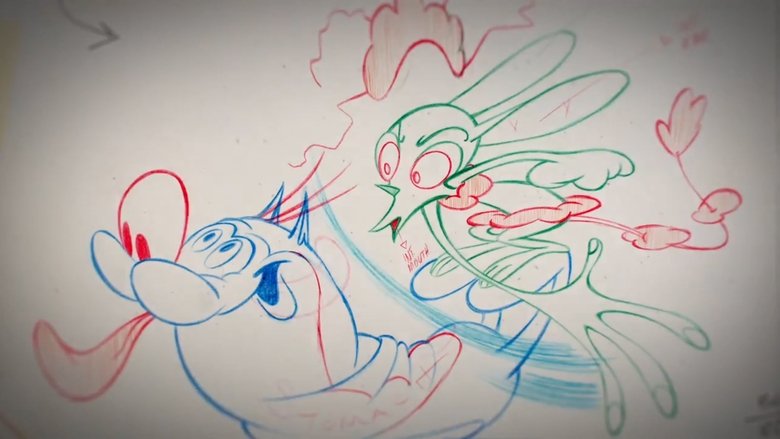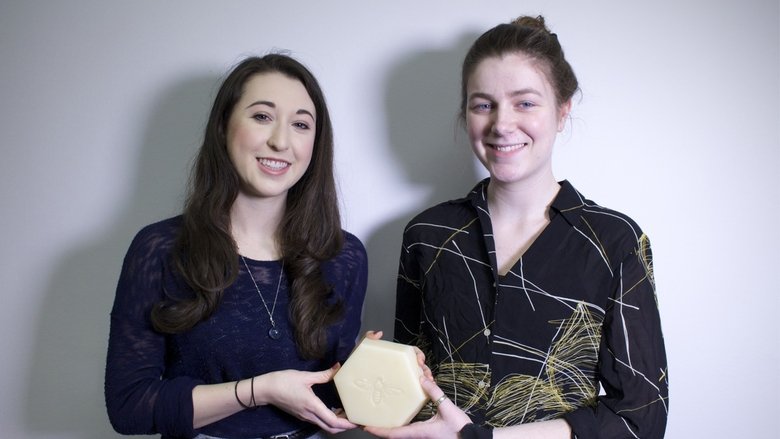Decision for Chemistry (1954)
Surveys the role of chemistry in American life and the central role of the people, products, and plants of Monsanto.
Surveys the role of chemistry in American life and the central role of the people, products, and plants of Monsanto.
Training film for shelter managers. Food, water, sanitation, medical, and radiation detection systems are explained.

Developments in the Canadian forestry industry during the 1970s are shown being carried out both as lab experiments and in the field to protect and conserve the country's vast forests. These include turning a Newfoundland bog into woodland, fostering British Columbia seedlings that withstand mechanical planting, inoculating Ontario elms against the bark beetle, devising ways of controlling fire, and more.
An animated short film that explains in a pedagogical way how the radio transmission works. Created by Czech filmmakers it was commissioned by Argentina Schools. The film tells the story of Curious, an extraterrestrial child that reaches the planet earth attracted by the sound waves. There he meets the Queen of Waves, an ethereal figure who teaches her step by step the process by which sound is captured, amplified, modulated and transformed into electromagnetic vibrations to be transmitted by a radial antenna.
Two eighth graders doing an assembly on cleanliness and neatness seek underclassmen. A look into Don and Mildred's hygienic endeavors.
In this Coronet instructional film, we learn how to manage and self regulate our emotions when it comes to dealing with short comings and disappointments.
Once you're old enough to make decisions for yourself, how exactly do you go about doing it? How can you really know which choice is best for you?
Venereal disease threatens to tear a young couple apart.

The Institute of National Remembrance, Fish Ladder and Juice present “The Unconquered” – an animated film that shows the fight of Poles for freedom, from the first day of World War II to the fall of communism in 1989.
The line between sexual consent and sexual coercion is not always as clear as it seems -- and according to Harry Brod, this is exactly why we should approach our sexual interactions with great care. Brod, a professor of philosophy and leader in the pro-feminist men's movement, offers a unique take on the problem of sexual assault, one that complicates the issue even as it clarifies the bottom-line principle that consent must always be explicitly granted, never simply assumed. In a nonthreatening, non-hectoring discussion that ranges from the meanings of "yes" and "no" to the indeterminacy of silence to the way alcohol affects our ethical responsibilities, Brod challenges young people to envision a model of sexual interaction that is most erotic precisely when it is most thoughtful and empathetic.
An educational short film about correct speaking methods.

The film features amazing scenes of places never before seen gathered by key space missions that culminated with groundbreaking discoveries in 2015. It features a spectacular flight though the great cliffs on comet 67P, a close look at the fascinating bright "lights" on Ceres, and the first ever close ups of dwarf binary planet Pluto/Charon and its moons.
Presents an inductive experience in reading readiness. Shows a young boy as he interprets the meanings of various road signs during a long automobile trip.

Exploring the rise and fall of the groundbreaking animated series Ren & Stimpy and its controversial creator, John Kricfalusi, through archival footage, show artwork and interviews with the artists, actors and executives behind the show.

A documentary that introduces FIT Hives, a student-run organization whose mission is to educate the FIT community about the importance of bees to the environment, the use of bee-derived resources in the industries related to the majors at FIT and its goal to put a beehive on the roof. FIT Hives is a recipient of an FIT Innovation Grant which also supported the making of this documentary.

Coming in all shapes and sizes, bacteria are present in every corner of the Earth. Their purposes and types are even more diverse, with only 1% being truly harmful. Dive into the world of Bacteria to experience the latest discoveries and scientific knowledge surrounding these plentiful and necessary microbes.

The computer animation Outside In explains the amazing discovery, made by Steve Smale in 1957, that a sphere can be turned inside out by means of smooth motions and self-intersections. Through a combination of dialogue and exposition accessible to anyone who has some interest in mathematics, Outside In builds up to the grand finale: Bill Thurston's "corrugations" method of turning the sphere inside out.
Vassar College's Department of Child Study produced this training film for nursery school staff, one of a series on "Preschool Incidents." Unstaged playground scenes of two to five-year-olds in conflict are shown, then repeated for further analysis and discussion. We learn how to "size-up situations," differentiating between "playful attacks" the kids can adequately handle themselves and truly aggressive behavior (as when "a child has gone on a rampage") that requires immediate adult intervention.